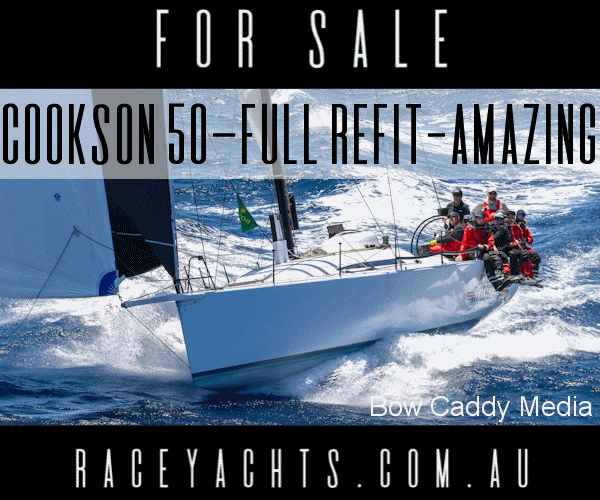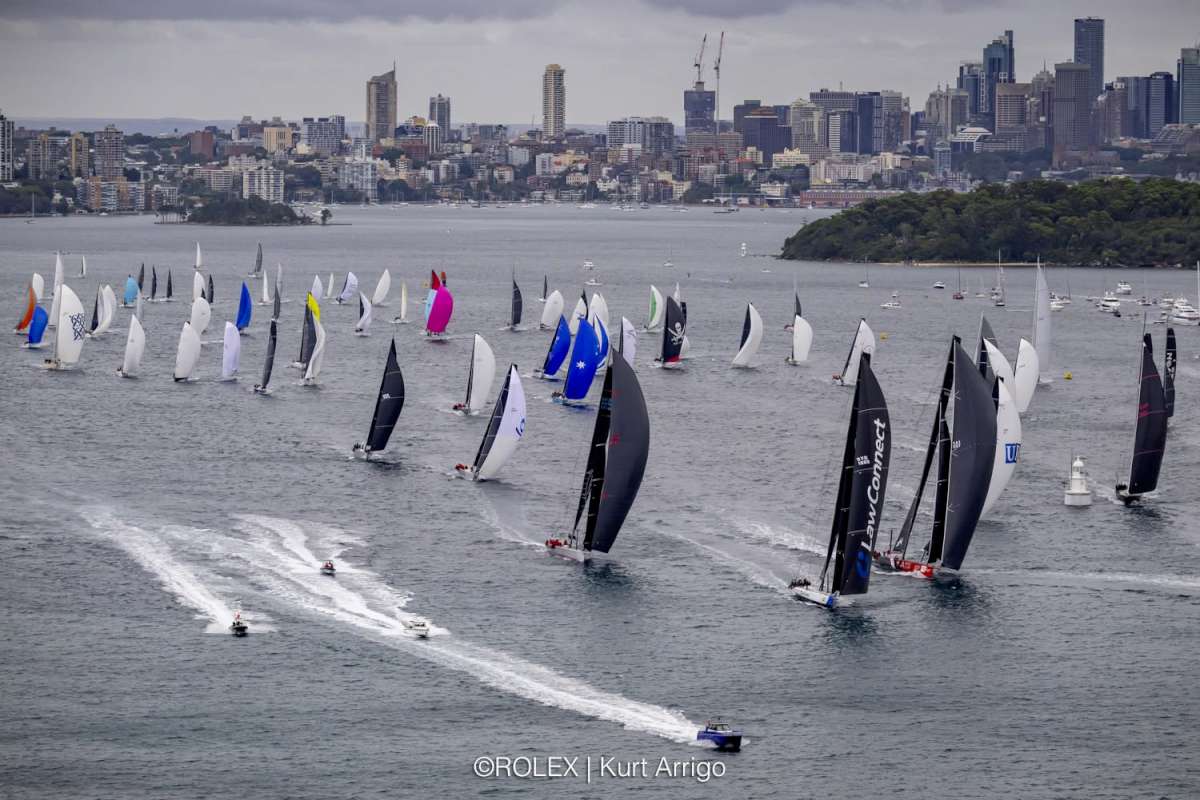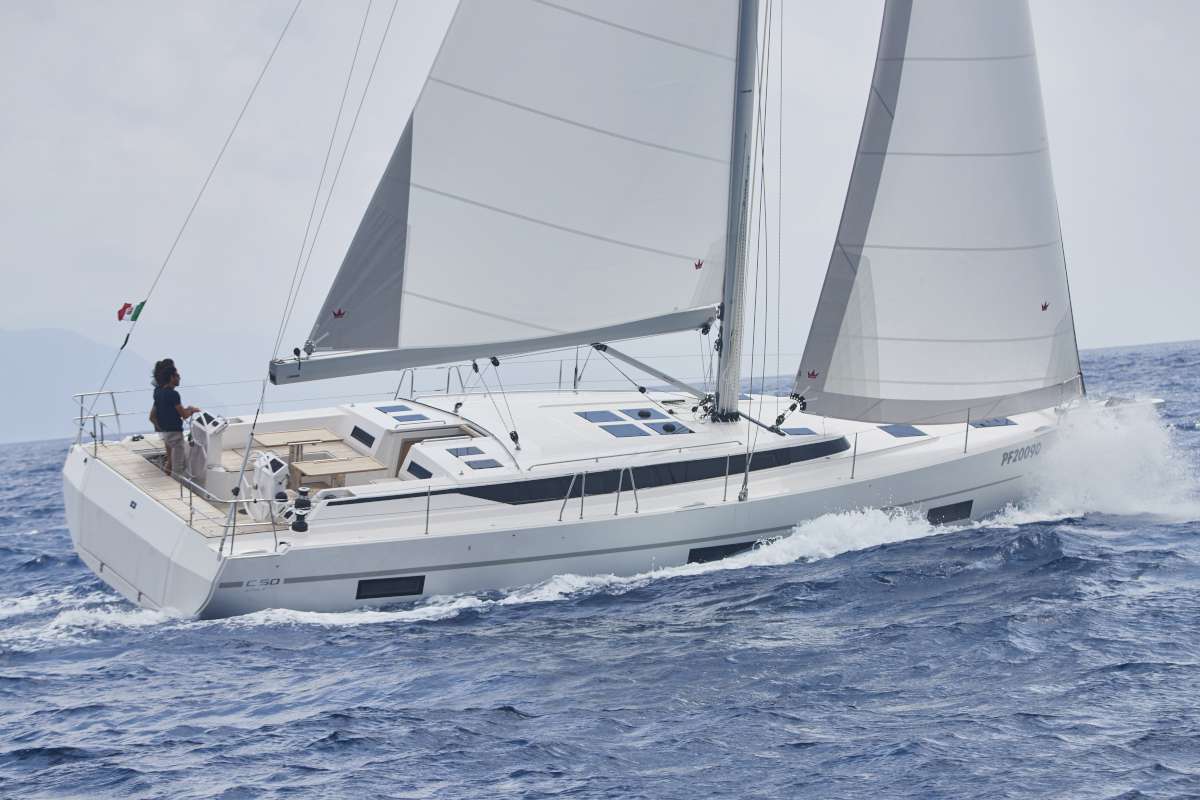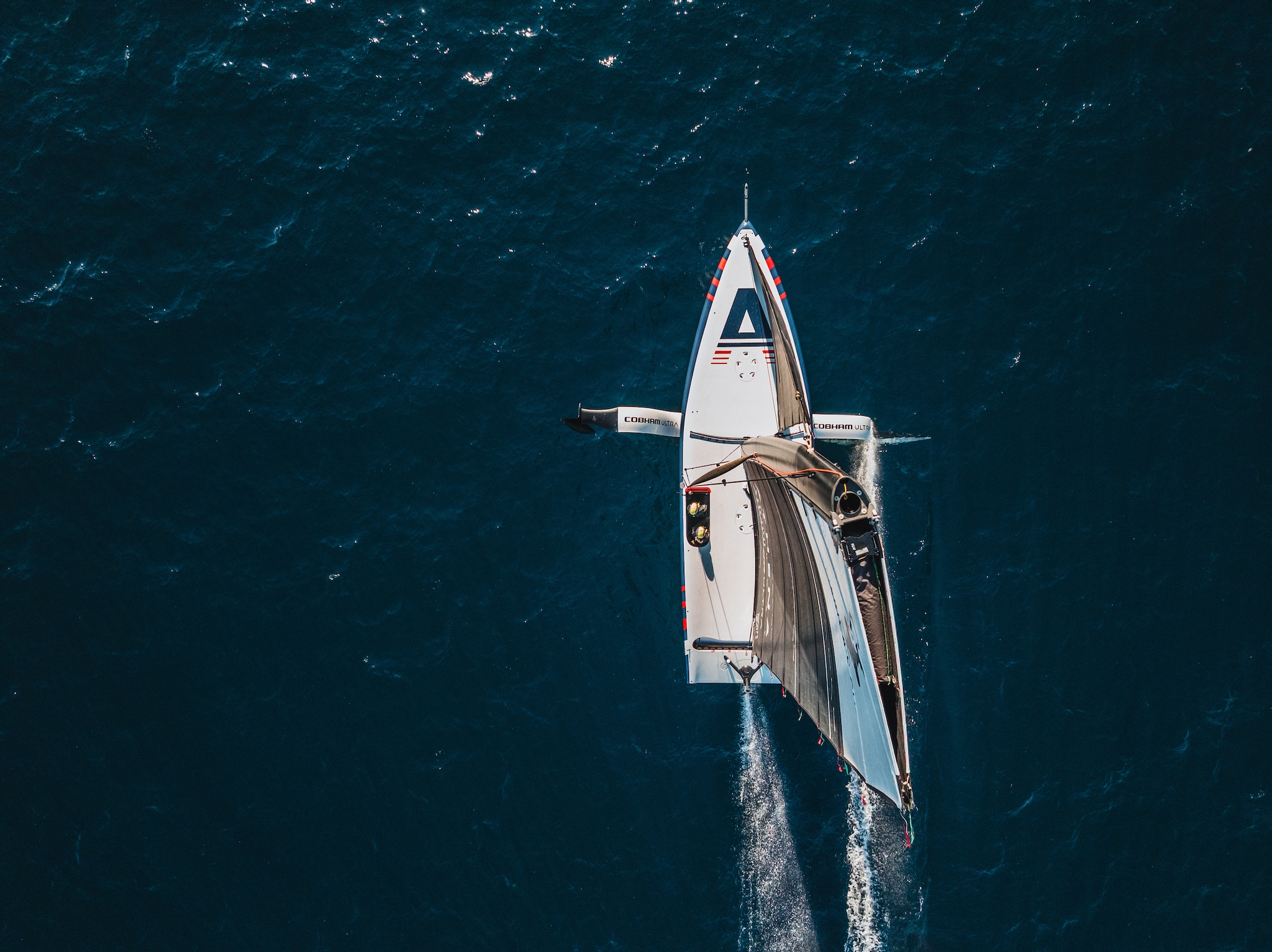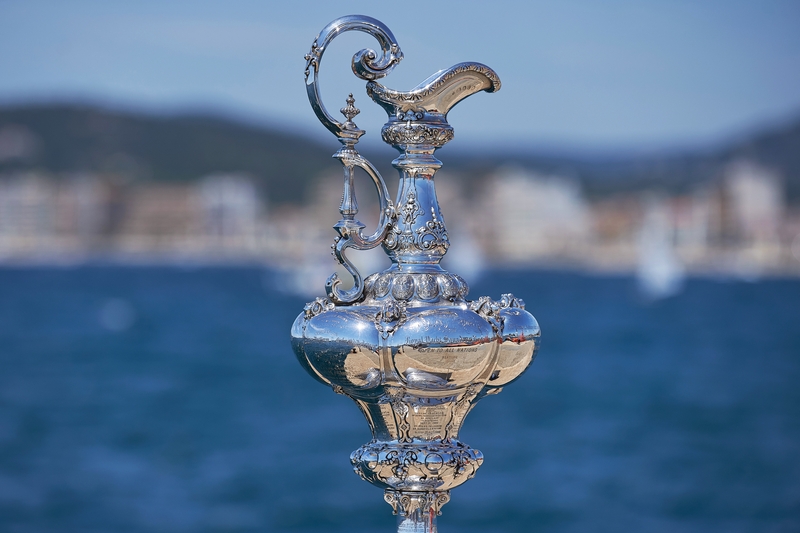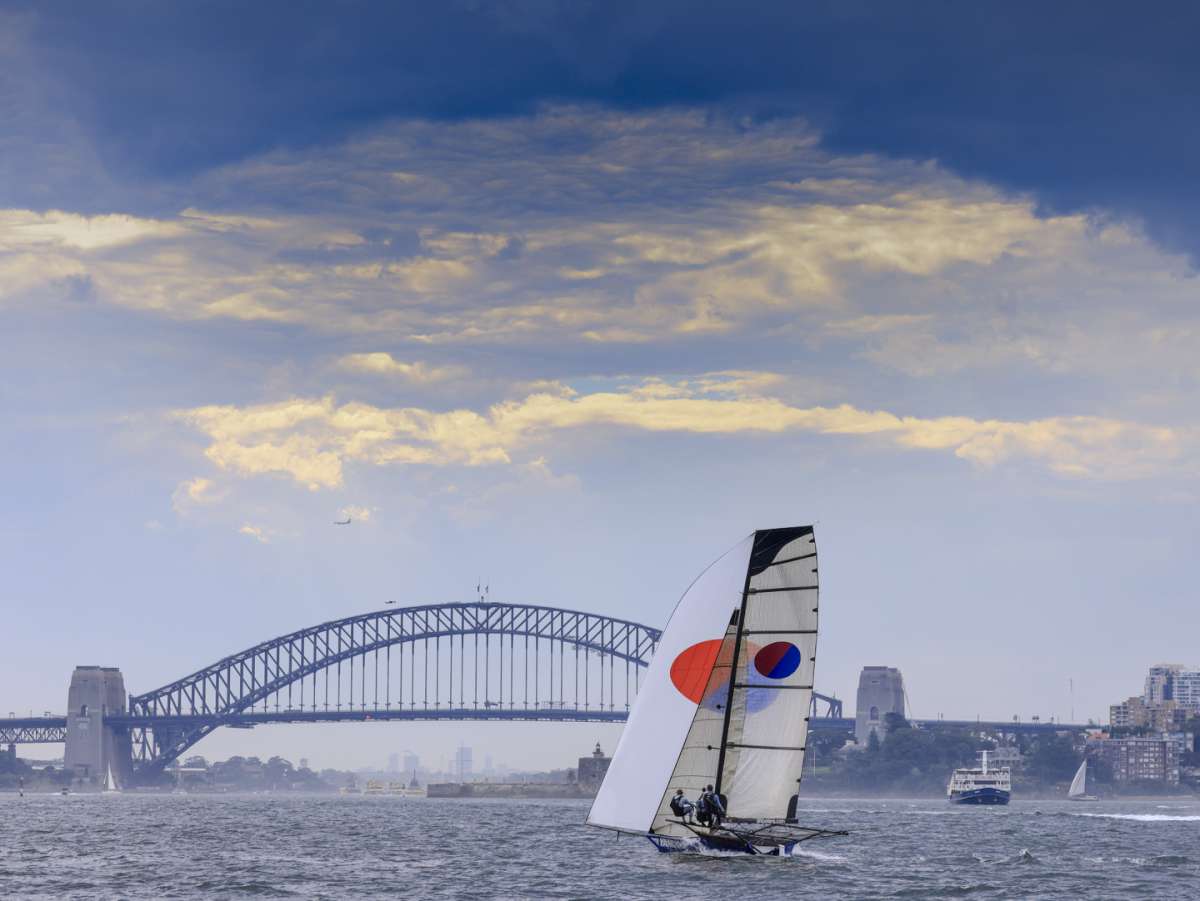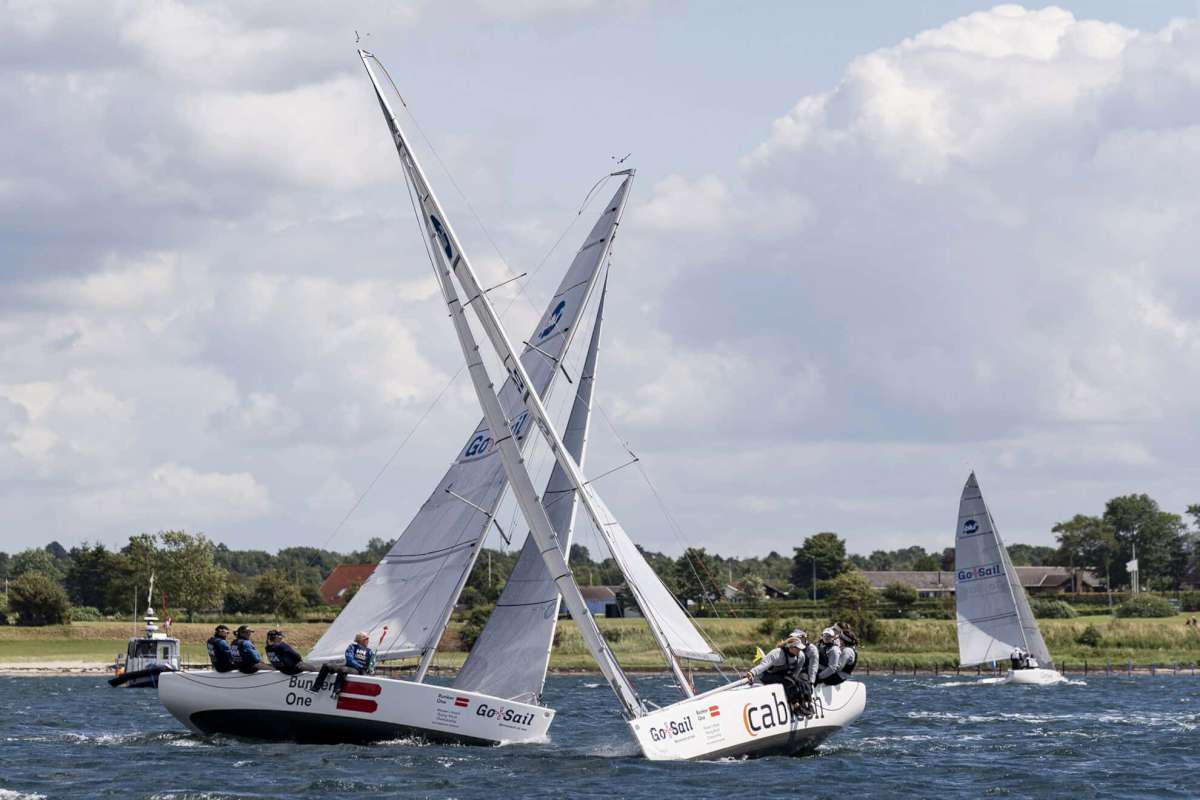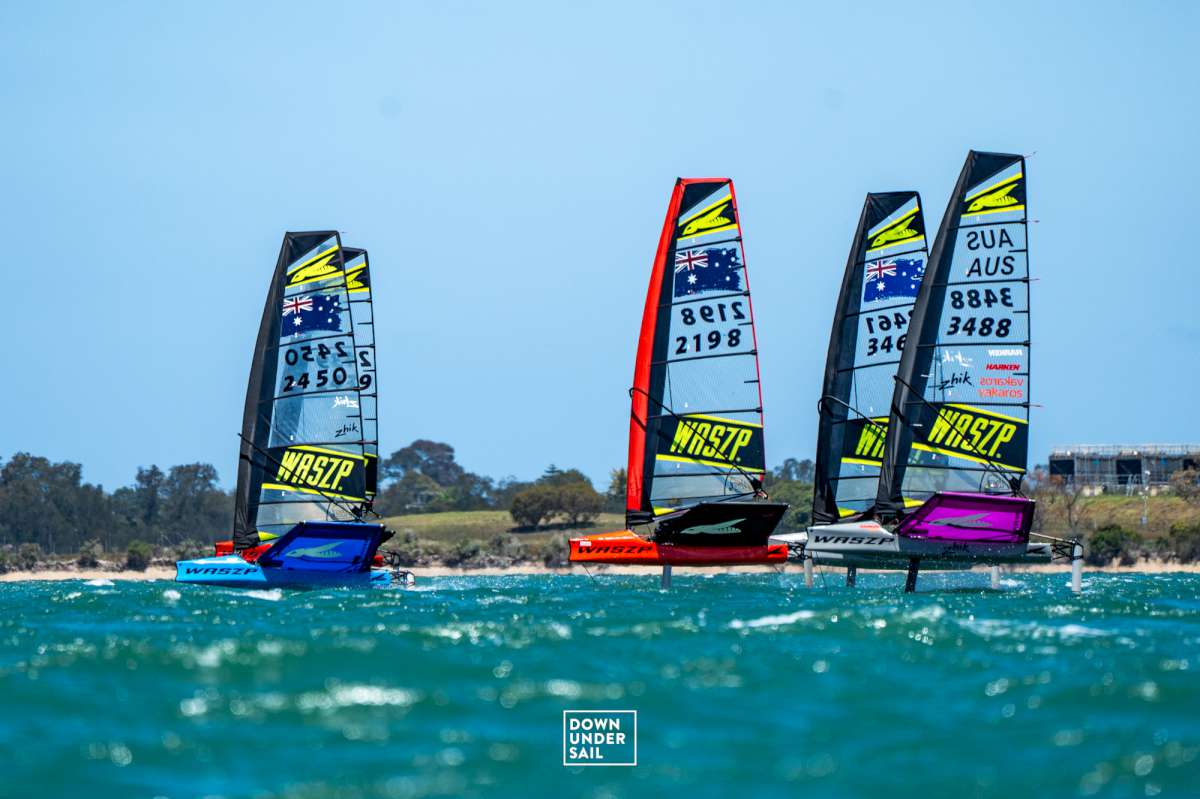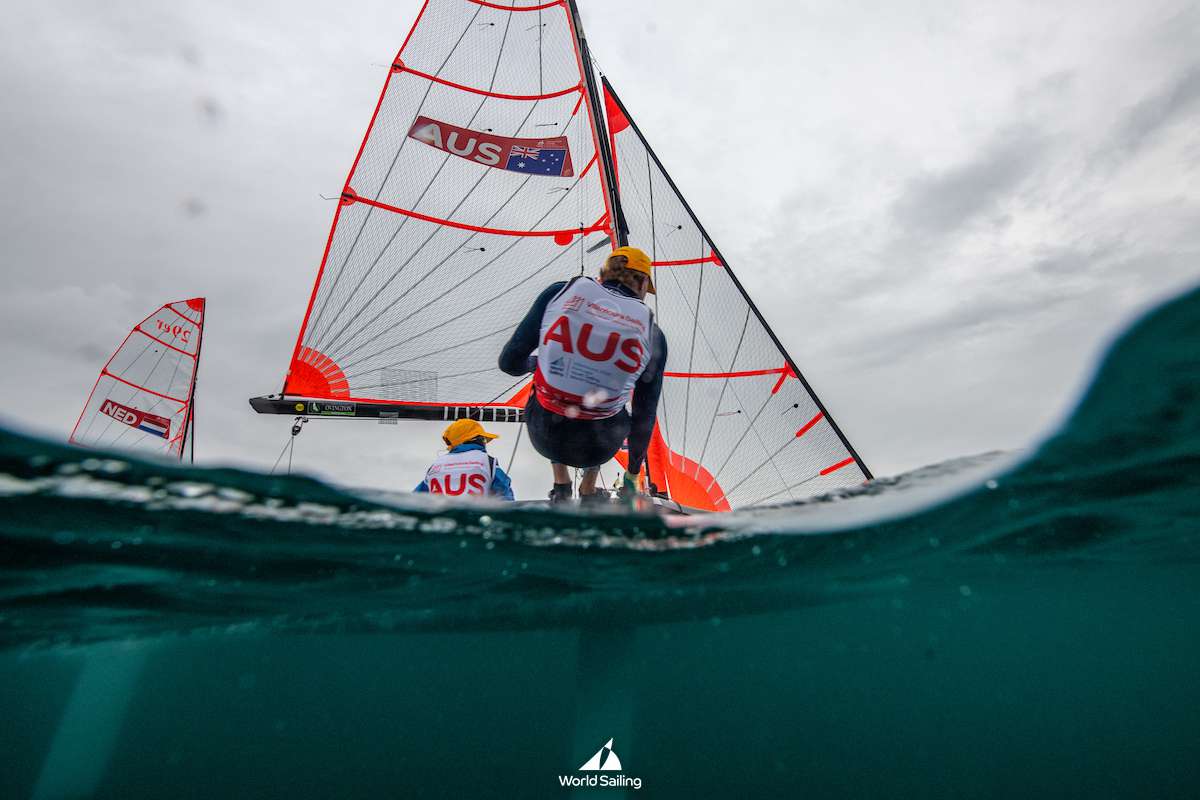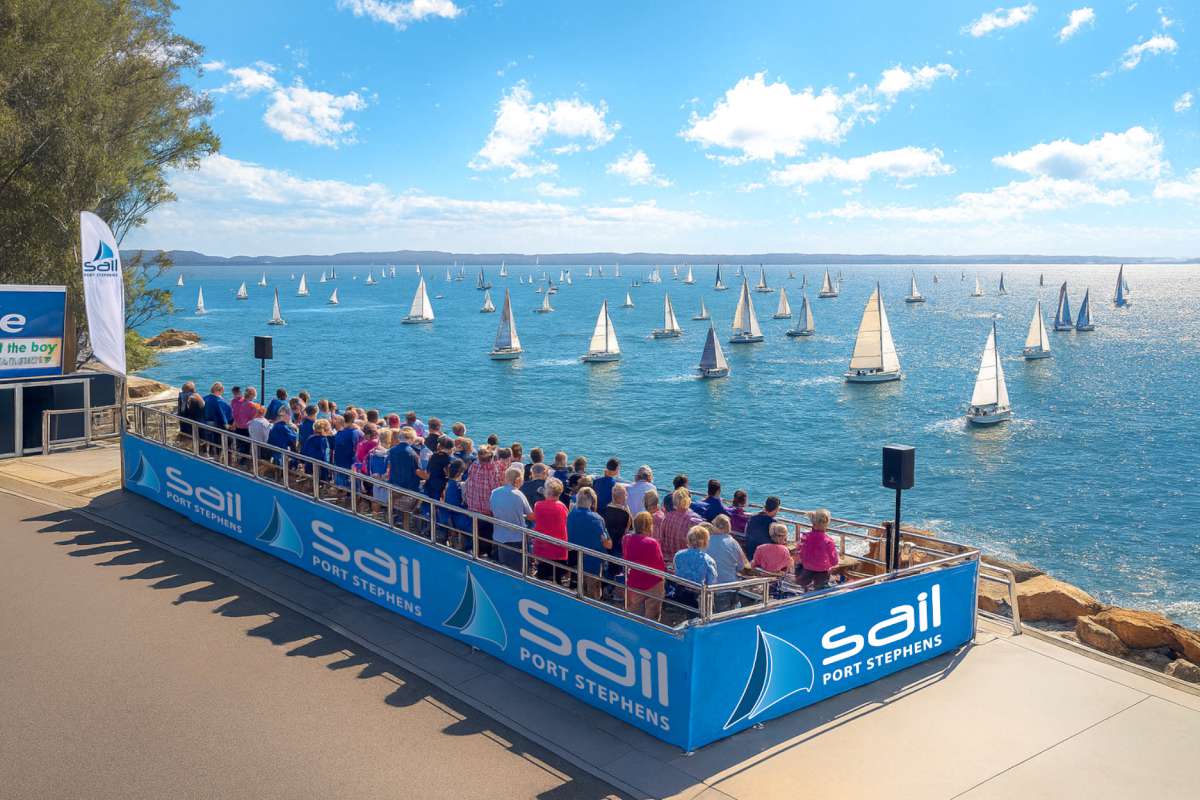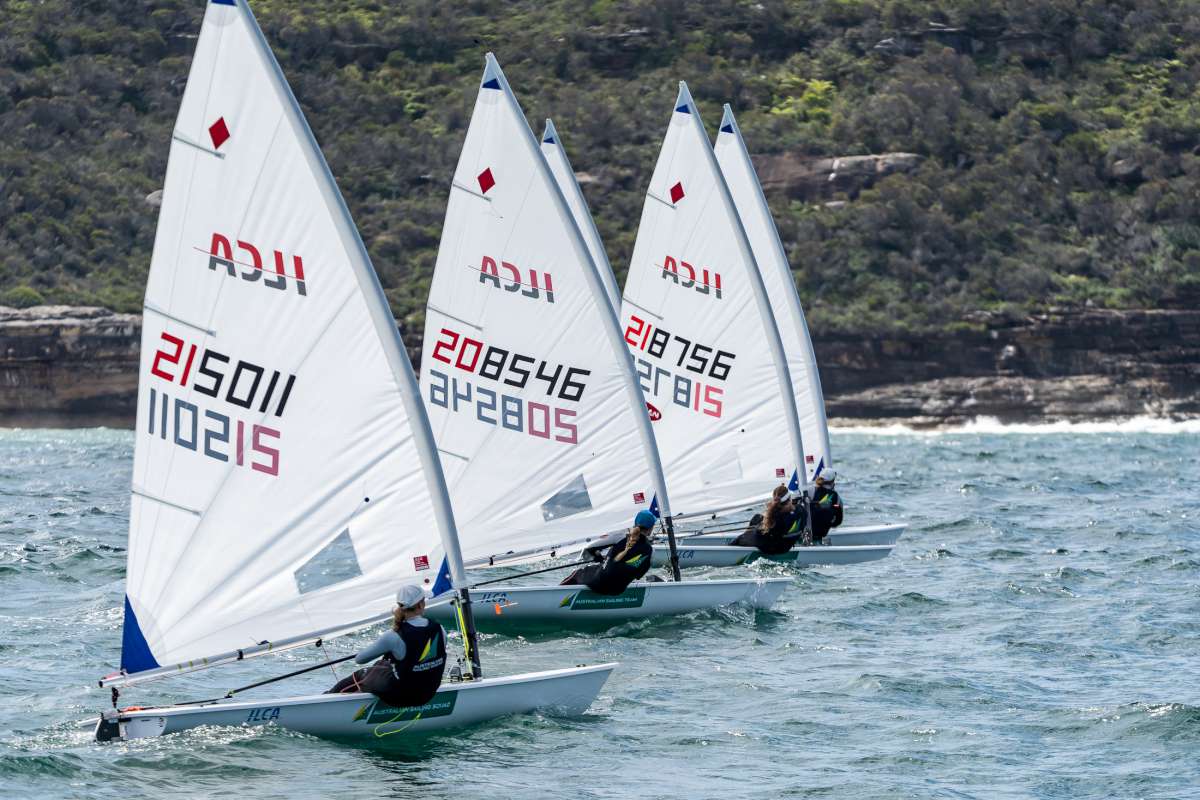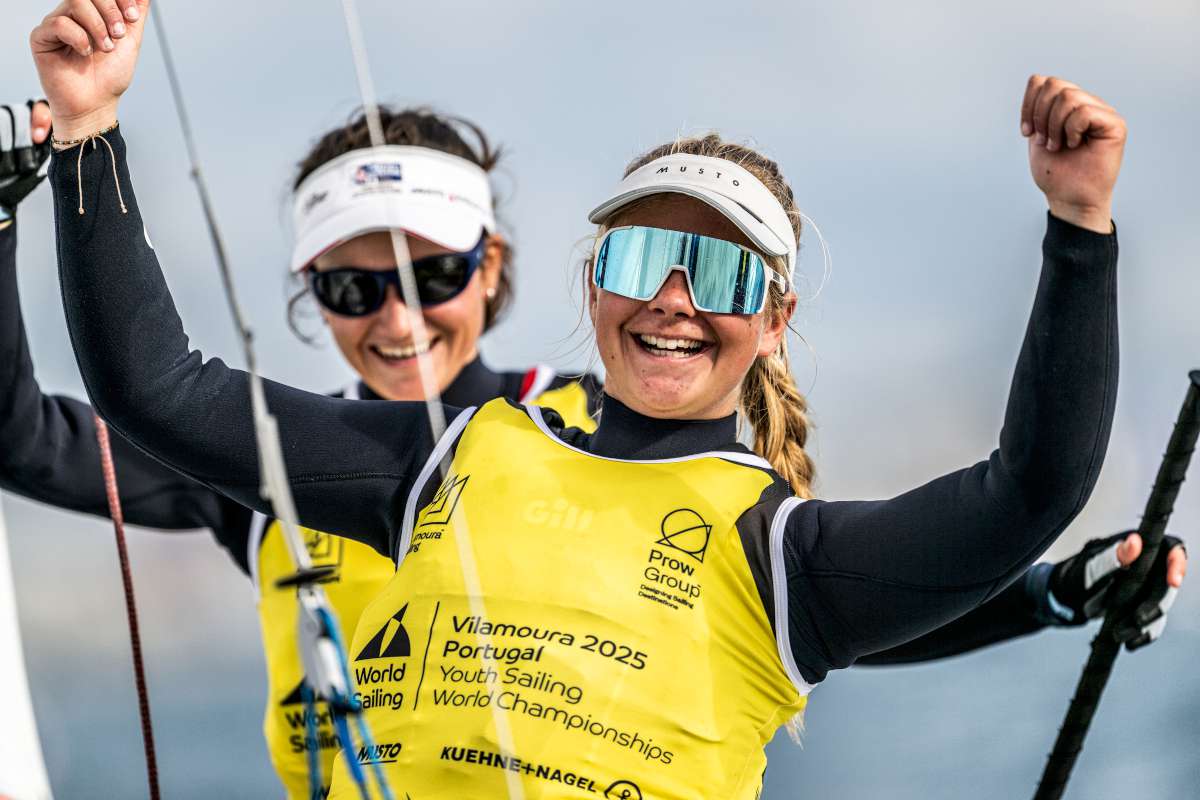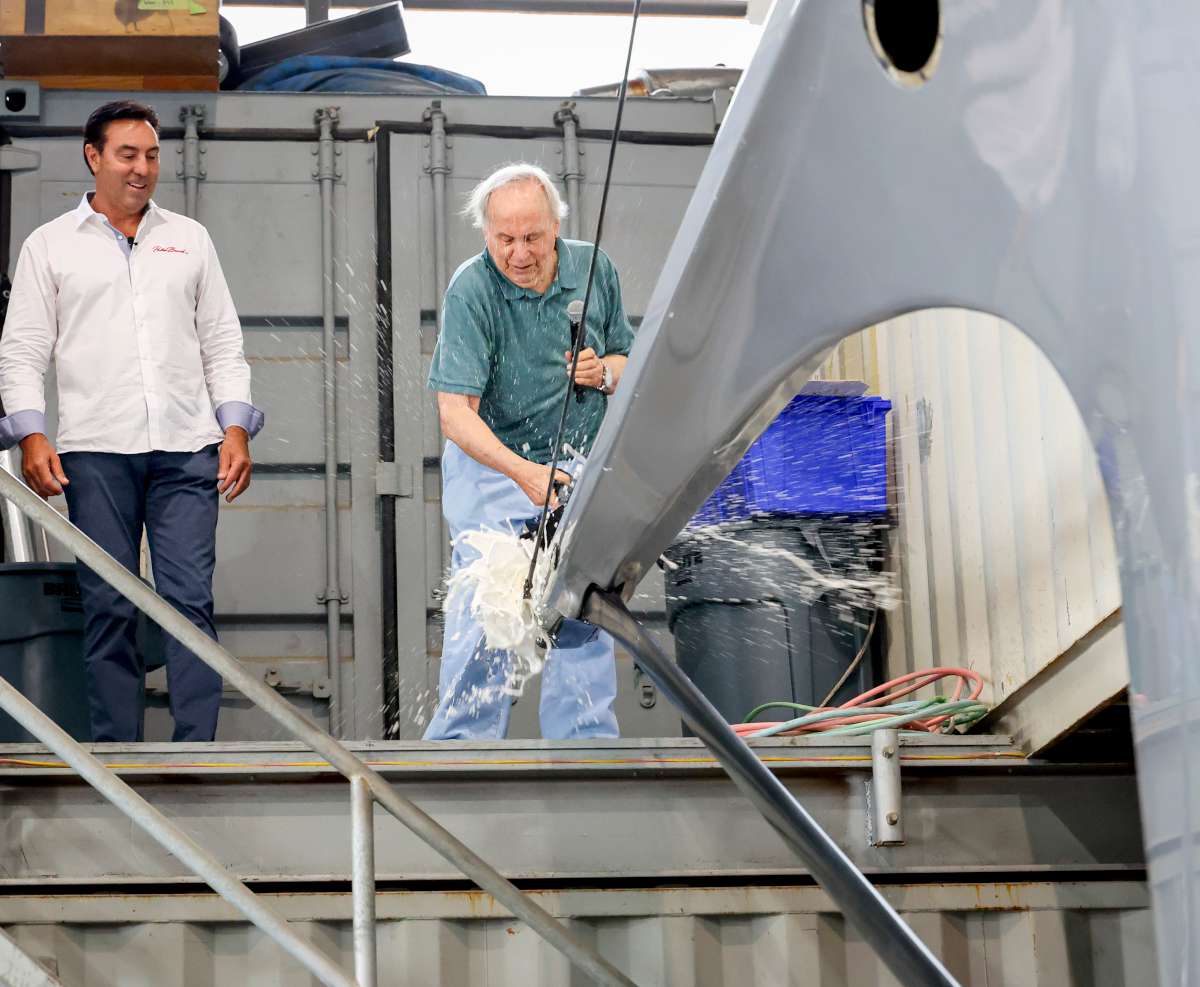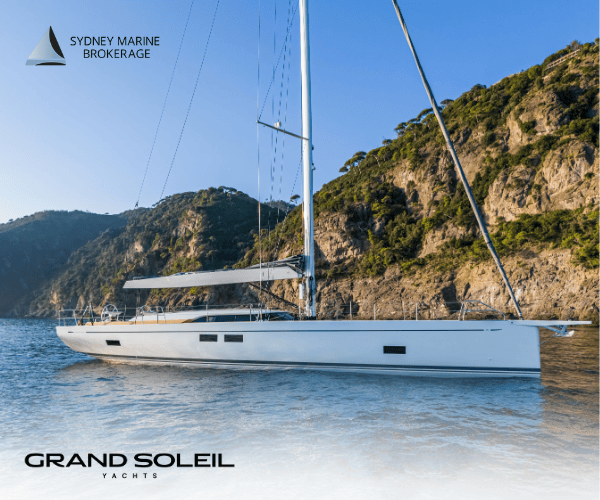At 08:19:00 UTC* in the first glimmer of light this Friday, IDEC SPORT crossed the start line off Ushant at more than twenty knots in her dash to grab the outright round the world record. The six men on board have to be back by 22:00:53 UTC on Monday 30th January to improve on the time set in January 2012 by Loïck Peyron's crew and see their name inscribed on the famous Trophy.
After gathering on the pontoon very early this morning, the crew of IDEC SPORT were clearly eager to get going and did not hang around in the dark of night. Under the watchful gaze of the Abeille Bourbon tug, Francis Joyon, Alex Pella, Gwénolé Gahinet, Clément Surtel, Sébastien Audigane and Bernard Stamm left the harbour in Brest at 0530 UTC to make their way aboard the red and grey trimaran to the start line for the Jules Verne Trophy.
Highlights of what the men said on the pontoon:
Francis Joyon: “This morning the forecasts are a little better than yesterday evening. We should be able to pick up the northerly winds without as great a risk of finding calms. The situation is more comfortable. In terms of the weather that lies ahead, we can see what is going to happen to around Uruguay environ, which is 6000 miles from here. We are stubborn and the goal is the same. We want to be back in les than 45 days. We're not mathematicians and it is hard talking in terms of percentages in this type of adventure. But we are in with a chance, which is already helpful and we needed to grab this opportunity.”
Alex Pella: “For this final night ashore, I slept on the boat. I got ahead of my mates and have already settled in. I'm not the only one, as we all are in a hurry to get going now, as this apparently looks like a good opportunity. It was har having to wait. We feel more relaxed than last time. Our first attempt, when we spent a fortnight at sea really helped as it allowed us to get to know each other and the boat again. It was good training and now it's time to set off for real.”
Gwénolé Gahinet: “We had a few hours before leaving the harbour. The start was planned and that means we are more relaxed this time. We'll be fast to the Equator and the first part looks pleasing. In the South Atlantic, it won't be quite as fast, but it is looking like a decent time to the Cape of Good Hope and who knows, we could be in for a surprise. It was good practice last time and now I don't feel stressed and am ready to go.”
Clément Surtel: “Time has been slipping by and the stand-by period always seems a bit long. I'm really pleased to be back here again. In this round the world voyage, we have clear visibility to the Equator, while the stretch to the Cape of Good Hope will become clearer in the next two or three days. On a human level, this is still an adventure. We're not going off on a cruise and we're facing a round the world voyage with all its difficulties. But I think everyone is committed and fully motivated to go and get the record. Technically, we remain confident. We're keeping our fingers crossed that the weather will let us through. It will be down to that.”
Sébastien Audigane: “I'm really in the mindset for an attempt at the Jules Verne. I'm setting off for 43-44 days, which is a huge deal. What is rather special is that I have only known this for a week. I had to learn at 100 mph and now I can't wait to get going.”
Bernard Stamm: “The situation looks better than last time for setting off. We had time to prepare and do things properly. We're more relaxed for this second attempt. Last time I got dressed in case we were setting off and there were a lot of uncertainties right up to the final moment. The weather isn't looking too bad at all for the Northern Hemisphere, even if we have more doubts about the South. There is time for things to change and settle down. We'll see. It's nice setting off during the day. It's not as scary putting your foot down from the start. It is looking good to the Equator; and the time comes when you simply have to go.”
* The precise time awaits ratification from the WSSRC (World Sailing Speed Record Council)



